THE SPECIAL ONE RETURNS: Could José Mourinho Really Come Back to Manchester United?
Rumours swirling around Old Trafford have reignited one of football’s most dramatic questions: could José Mourinho return as Manchester United manager? The Portuguese tactician, famously self-styled as “The Special One,” has reportedly made contact with the United board to express his interest in leading the club once again.
For United, who have endured years of instability since Sir Alex Ferguson’s retirement, such a possibility is both fascinating and divisive. To some, Mourinho represents unfinished business. To others, his return would symbolise a step backwards. But as speculation mounts, it is worth examining what a Mourinho comeback might mean for Manchester United.
—
Mourinho’s First Spell at Old Trafford: Glory and Frustration
When José Mourinho arrived at United in 2016, the club was still reeling from unsuccessful experiments under David Moyes and Louis van Gaal. Mourinho promised trophies, discipline, and a winning mentality. And in many ways, he delivered.
2016/17: In his debut season, he led United to a League Cup and, most importantly, the Europa League—granting the club a pathway back to the Champions League.
2017/18: He secured a second-place finish in the Premier League with 81 points, United’s best league campaign since Ferguson’s retirement.
Yet beneath the silverware, tensions simmered. Mourinho often clashed with the board over transfer backing, publicly criticised players, and engaged in mind games that divided the dressing room. His sacking in December 2018 came after a run of poor results and open conflict with club executives.
Even so, Mourinho remains the only United manager since Ferguson to deliver European silverware. That legacy lingers.
—
Why the Rumours Are Emerging Now
United’s present situation makes Mourinho’s rumoured interest timely. Under Erik ten Hag, the club has shown moments of progress but remains plagued by inconsistency, injuries, and uncertainty over recruitment strategy. Off-field instability surrounding the Glazers and INEOS has further complicated matters.
In such conditions, Mourinho sees opportunity. He thrives on crisis management and may believe United’s fractured dressing room and fan disillusionment are fertile ground for his return. From his perspective, there is also a personal dimension: returning would allow him to rewrite the narrative of his departure and prove that his methods still work in the Premier League.
—
The Case for Mourinho’s Return
1. Proven Winner
Despite criticism of his tactics, Mourinho’s record speaks for itself: league titles in England, Spain, and Italy, and two Champions League crowns. He has consistently delivered trophies wherever he goes. United have lacked that winning edge since Ferguson.
2. Big Personality, Big Club
United often feel too big for managers learning on the job. Mourinho, with his charisma and self-confidence, fits the scale of Old Trafford. He commands attention, something that could galvanise both players and fans.
3. Defensive Stability
United’s current defensive fragility would benefit from Mourinho’s organisation. His teams, when functioning well, are difficult to break down. A return to structure could provide the foundation United have been missing.
4. Fan Connection Through Nostalgia
Many supporters still remember the joy of Stockholm in 2017 and the sense of being competitive again under Mourinho. For a fanbase that craves identity and fight, Mourinho offers familiarity.
—
The Case Against Mourinho’s Return
1. Tactical Stagnation
Modern football has evolved rapidly, with pressing, fluid attacking patterns, and positional play dominating. Mourinho’s pragmatic style, while effective in certain scenarios, often appears outdated compared to Guardiola, Klopp, or Arteta. United risk falling further behind tactically.
2. Player Relations
One of the biggest criticisms of Mourinho’s first tenure was his fallouts with stars like Paul Pogba, Luke Shaw, and Anthony Martial. In today’s dressing rooms, where player power is greater than ever, his confrontational approach could once again cause division.
3. Short-Termism
Mourinho is not a builder; he is a fixer. His teams often experience initial success followed by decline. United, desperate for long-term stability, might find themselves repeating history by re-hiring him.
4. Legacy Risk
A return could tarnish Mourinho’s legacy further. If he fails again, the fond memories of Stockholm 2017 may be replaced entirely by disappointment.
—
Would the Board Actually Consider It?
The United board faces a delicate balancing act. Under INEOS, Sir Jim Ratcliffe is tasked with making football-driven decisions. Mourinho offers experience and immediate authority, but he also demands significant transfer backing and control—conditions that may not fit INEOS’s vision of a modernised, data-driven recruitment structure.
However, in times of crisis, football boards often turn to “proven” solutions. If United’s season spirals, Mourinho’s name will inevitably attract attention for the stability and instant credibility he brings.
—
How Would He Fit the Current Squad?
Mourinho would likely relish working with players such as Casemiro, Lisandro Martínez, and Bruno Fernandes, who align with his demand for intensity and fight. His defensive set-ups could bring discipline to a leaky backline, while counterattacks led by Marcus Rashford might flourish under his direct style.
Yet creative players like Alejandro Garnacho or new technical signings might find themselves restricted in his system. The risk is stifling young flair for the sake of control.
—
Symbolism of a Mourinho Return
Beyond tactics, a Mourinho return would symbolise a club still searching for identity. It would be both a romantic and controversial move, appealing to nostalgia while raising doubts about progress.
It would also underline the cyclical nature of football: clubs often return to past figures in times of desperation, hoping to recapture lost glory. Just as Real Madrid turned back to Zinedine Zidane, United could view Mourinho as a familiar hand to steady the ship.
—
What United Truly Need
Ultimately, the Mourinho rumours highlight a bigger truth: Manchester United are still wrestling with who they want to be. Do they chase quick fixes with big personalities, or do they build patiently with modern football philosophies?
Mourinho embodies the former—high risk, high reward, and instant impact. But history suggests that sustainable success comes from long-term planning, aligned recruitment, and a coherent identity. United must decide whether the romance of “The Special One Returns” outweighs the risks of repeating past mistakes.
—
Conclusion: A Tempting but Dangerous Reunion
The idea of José Mourinho striding back into Old Trafford, demanding excellence and delivering trophies, is an intoxicating vision for many fans. His name alone carries weight, and his competitive edge could reignite a squad that looks lost.
But football is not just about nostalgia—it is about evolution. United must ask whether bringing back Mourinho would solve their deeper problems or merely plaster over them for a short time.
If the rumours prove true, and if Mourinho genuinely has made contact with the board, Manchester United face a pivotal choice: return to a proven but divisive figure, or continue seeking a modern path forward.
Either way, the fact that Mourinho’s shadow still looms so large says everything about United’s struggle to define themselves in the post-Ferguson era. The “Special One” remains special—but whether he is the solution remains as uncertain as ever.
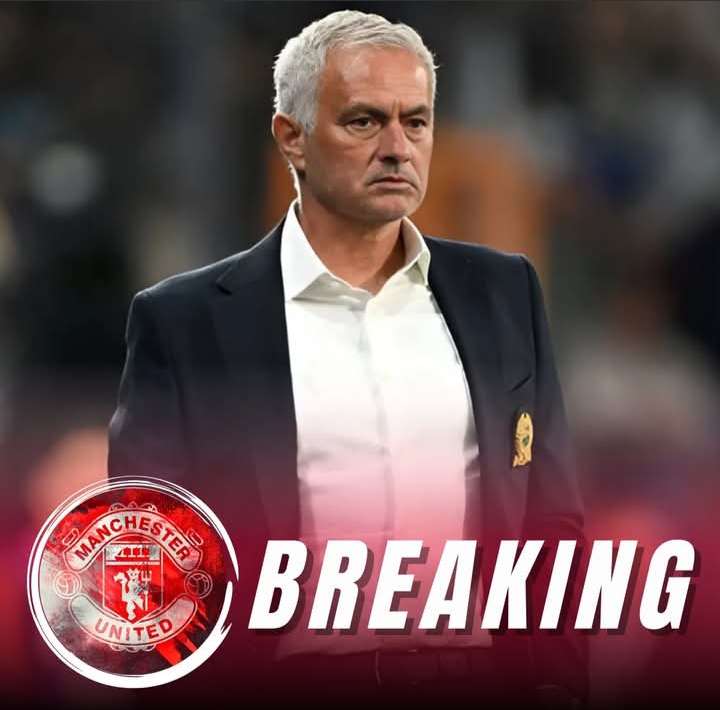
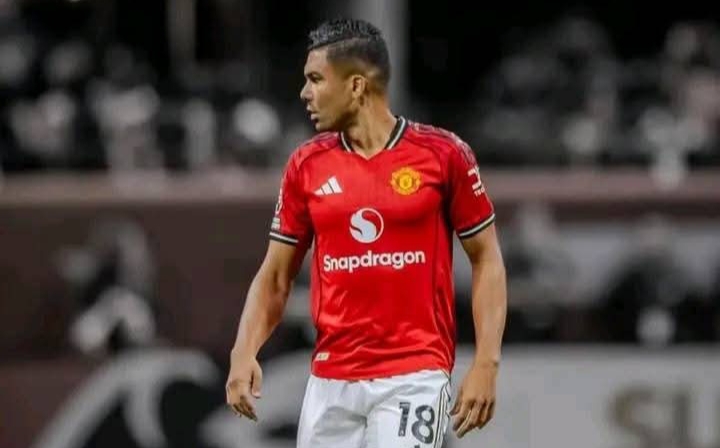
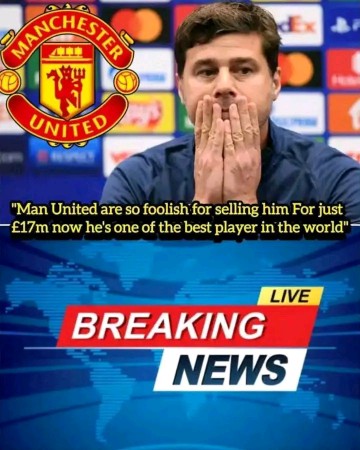
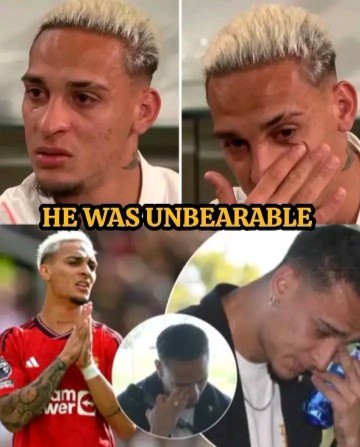
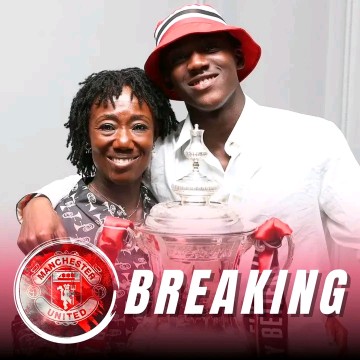
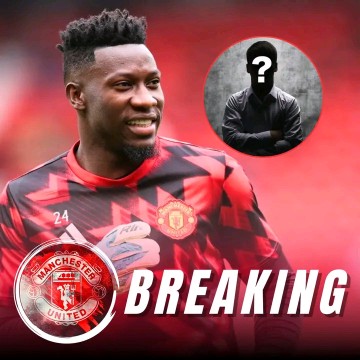
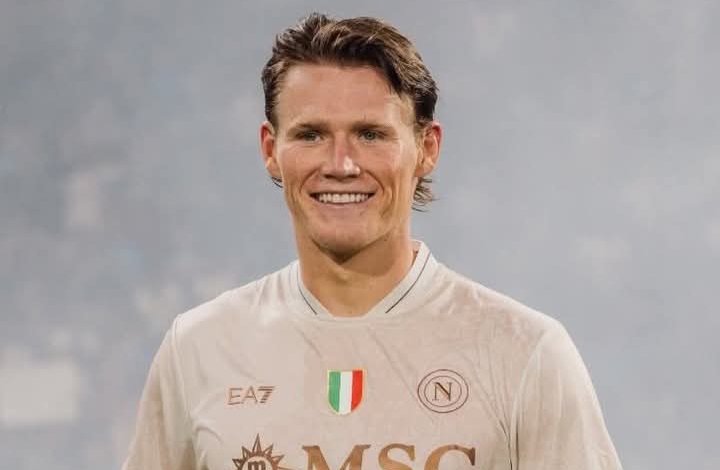
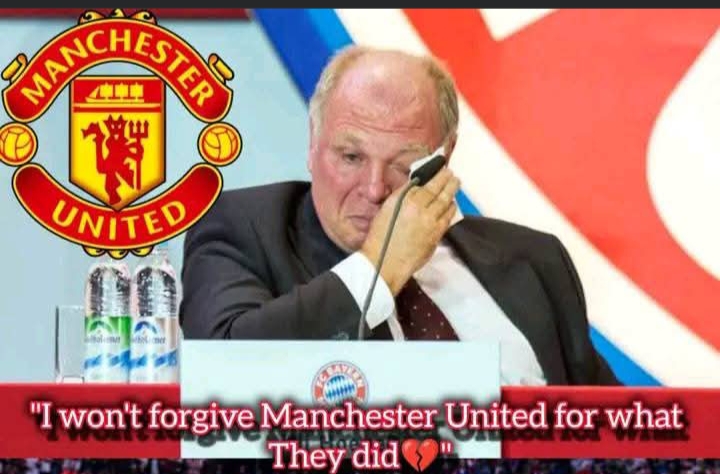
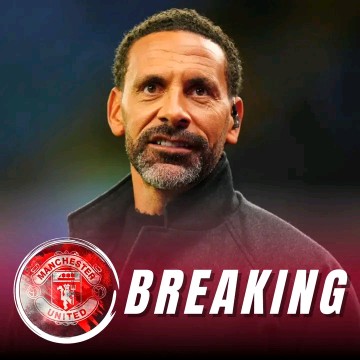
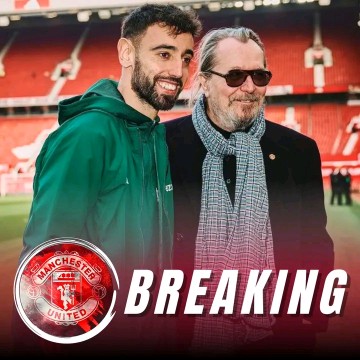
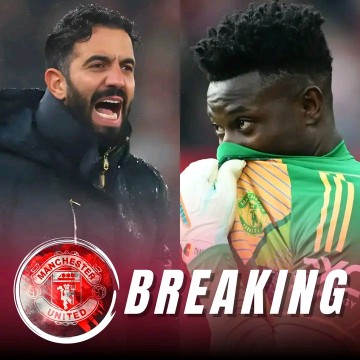
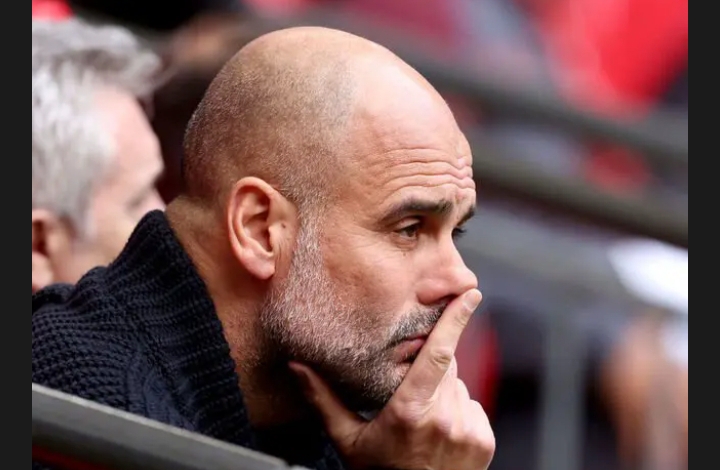
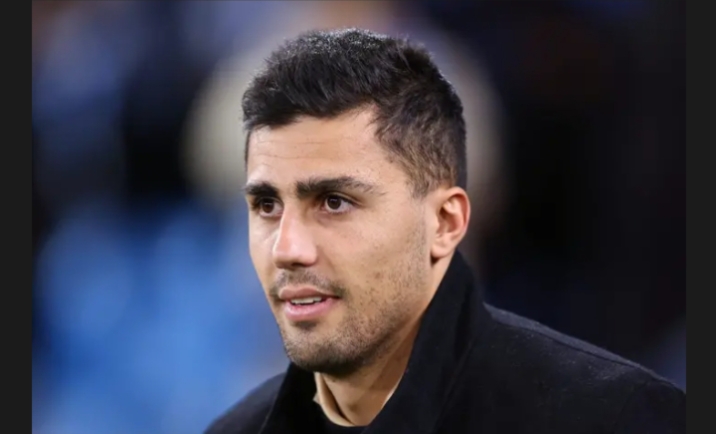
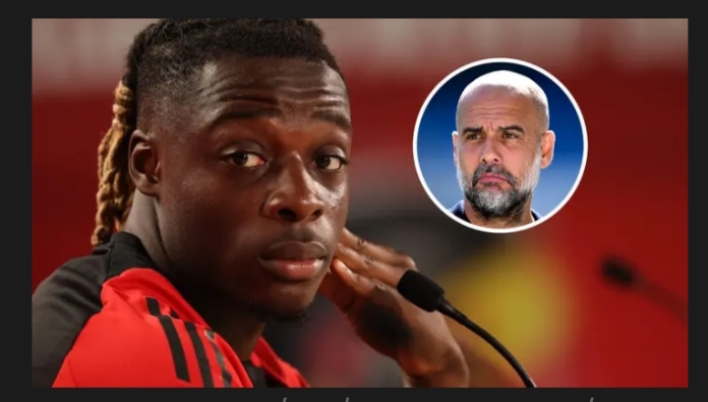
Leave a Reply